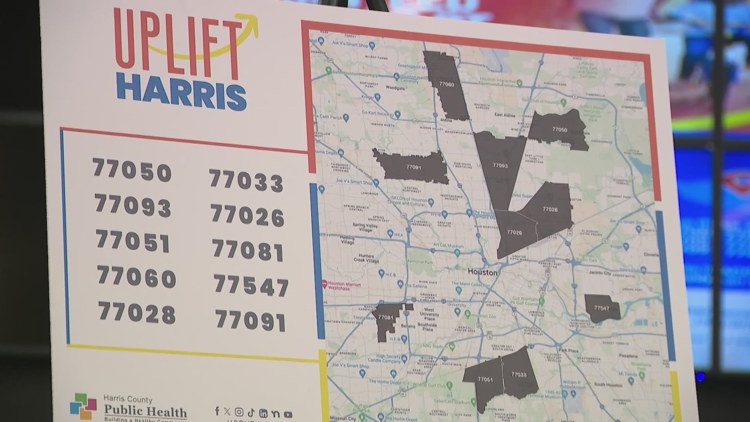The Controversy Surrounding the Uplift Harris Program in Texas

In a recent turn of events, the Texas Senate committee revisited the contentious issue of the Uplift Harris program, stirring up debates as the county officials gear up to launch a revamped version with stricter regulations. The revised program is scheduled to kick off on January 1, bringing a renewed sense of scrutiny and dilemmas.
The Senate Committee on Local Government, chaired by Sen. Paul Bettencourt from Houston, conducted a hearing to delve into the intricacies of the program. Senator Bettencourt expressed his reservations regarding what he termed as “lottery socialism” in the program, highlighting the potential pitfalls of a no-strings-attached approach.
The original Uplift Harris initiative sought to provide $500 to around 1,900 county residents over an 18-month period, acting as a pilot project. However, legal challenges impeded the program’s progress, prompting the county to introduce a modified version last month. This updated iteration includes more stringent guidelines to sidestep potential lawsuits.
During the hearing, Senator Bettencourt raised concerns about the legality of future programs mirroring the lottery-style giveaway inherent in Uplift Harris. On the other hand, Democrats defended the program, arguing that any underfunded initiative with overwhelming demand would inevitably resort to a lottery system.
Harris County Precinct 1 Commissioner Rodney Ellis responded to the hearing’s developments, criticizing Senate leaders for diverting attention from pressing issues affecting Texans. Ellis emphasized the significance of the upcoming legislative session as an opportunity for state officials to address the needs of millions of overlooked Texans.
As Harris County prepares to roll out the revised Uplift Harris program on January 1, county officials remain vigilant about potential legal obstacles. In case of any intervening lawsuits, the funds earmarked for Uplift Harris may need to be redirected to alternative programs, underscoring the challenges and uncertainties surrounding this controversial initiative.

